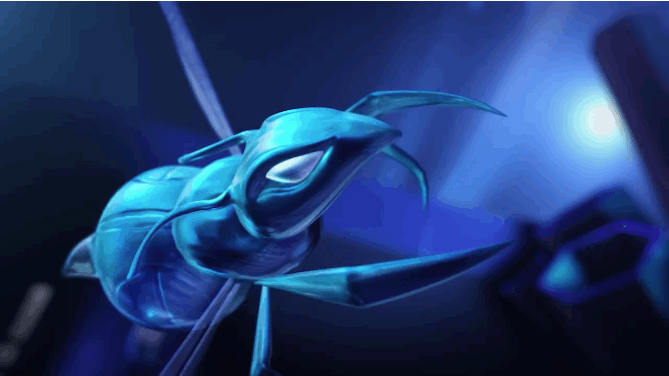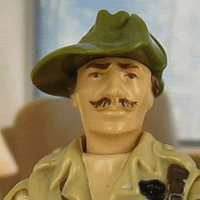Zach Lowe revisits the Heat game debacle
A weird officiating loophole
With 2:03 left in overtime of the Feb. 17 game between the Charlotte Hornets and Heat, Kyle Lowry hit a long 2 -- only referees counted it as a triple, putting Miami up 92-91. The Charlotte announcers speculated referees would review Lowry's shot at the first stoppage to clarify the score.
The (apparent) first stoppage came when Miles Bridges hit a 3 with 1:45 to go. There was no review. Officials can only halt the game to review the 2-versus-3 issue at the first stoppage after the shot in question.
The clock stops after baskets once you hit that 2:00 mark in the fourth quarter and overtime. Lowry's shot went through the net at 2:03. The ball squirted away; an official scrambled to retrieve it. The clock hit 2:00 and stopped for a beat before the Hornets inbounded. That split second was by rule the referees' only chance to stop the game.
The game continued until a timeout with 45 seconds left. The teams played that minute-plus without knowing the score. (Had they known this arcane rule, they would have understood Lowry's shot was locked in as a triple, but very few people can digest that in real time.) Imagine playing crunch time without knowing whether you're tied or down one?
The logic behind the first-stoppage-only rule is something of a slippery slope argument: Do you really want to give officials leeway to review every play going back to the opening tip?
This was an ultra-rare occurrence; rules are not written to address ultra-rare occurrences. But in end-game situations, it seems feasible to review this -- the freaking score! -- at the second stoppage.




























